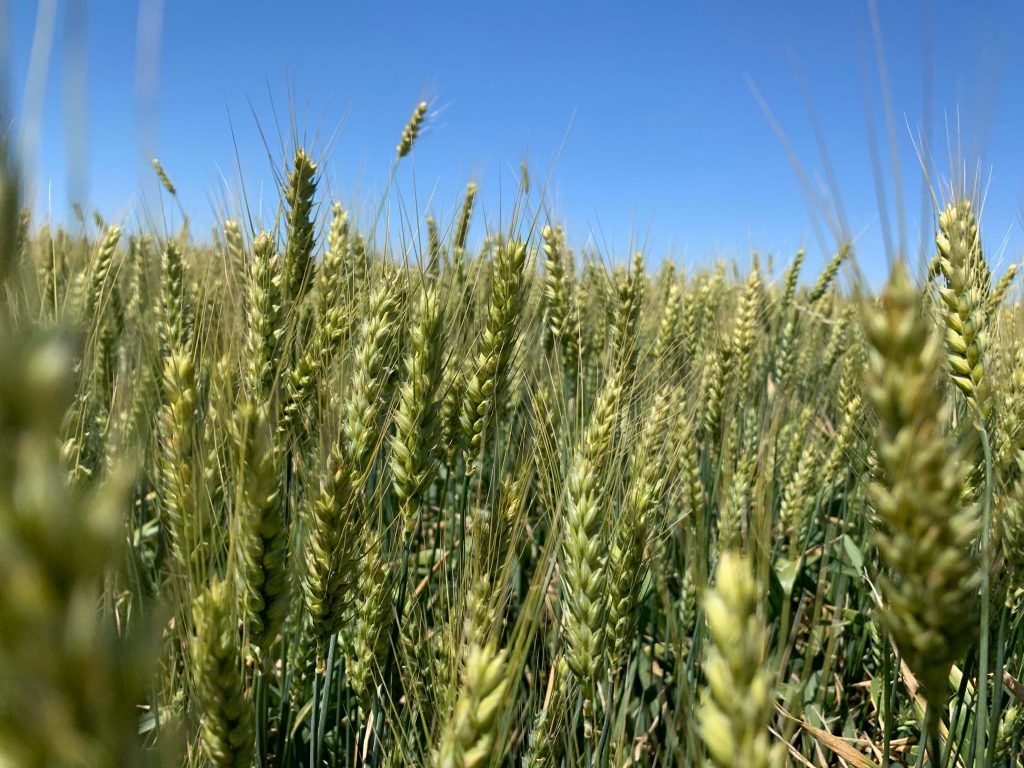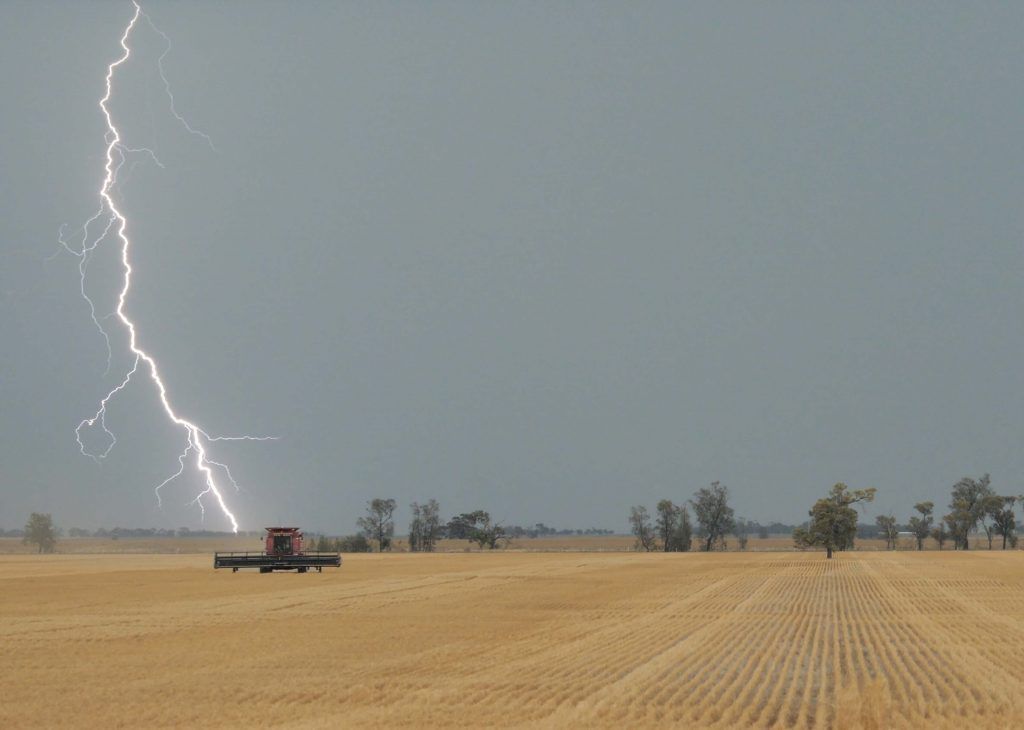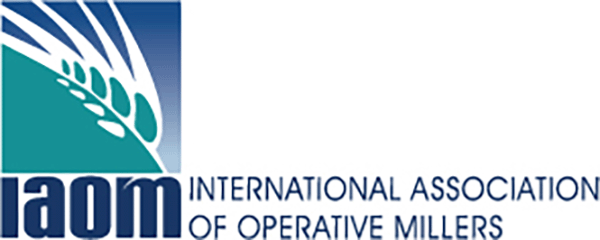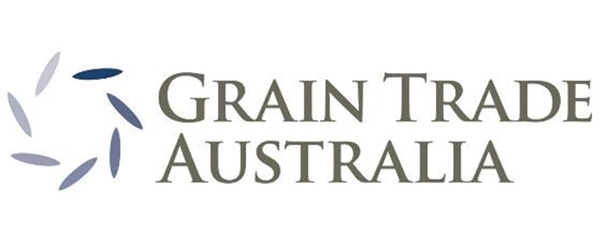From Milling to Feed – the Downgraded Australian Wheat Crop
I love a sunburnt country,
A land of sweeping plains,
Of ragged mountain ranges,
Of droughts and flooding rains.
I love her far horizons,
I love her jewel-sea,
Her beauty and her terror –
The wide brown land for me!
Dorothy Mackellar
The 2021/22 Australian harvest was set to be a bumper in terms of quality and quantity. Overall, all Australian states saw favourable growing conditions. There was going to be ample milling wheat and records were set to be broken. We were a millimeter from the finish line when La Niña reared its head and changed the game for many farmers on the east coast of Australia, and in turn, the global milling wheat balance sheet.

If we look back on 2021, it was as close to a textbook growing season as you can get. Most areas had good moisture to sow into, there were timely rains throughout the year and great warm spring growing temperatures. We got through the frost window with minimal damage and the crop ripened at the right time. There was some mice damage at the start of the season, but overall, the sentiment in the industry, from primary producer all the way final destination was positive. Sales contracts were written. Harvest got underway in Queensland and Northern New South Wales, then the skies opened and in some instances didn’t seem to close, causing widespread flooding, crop downgrades and in some cases, complete losses.

At the start of December, ABARES released their December crop report citing a predicted new national record 58.4MMT winter crop made up of 34.4MMT wheat, 5.7MMT canola and 13.3MMT barley. Some analysts think this could move higher still, but the issue Australia is facing now is quality, not quantity as Western Australia’s crop profile also continues to disappoint on the protein front.
With harvest on the home stretch, what can we expect from the coming Australian export program?
First, domestic milling wheat and seed requirements will move to capture milling wheat before it moves into export channels leaving a high proportion of the 2022 export task weighted towards lower quality wheat, feed wheat, feed barley and canola. In our view this will cause already tight global medium and high protein wheat supplies to tighten further causing protein spreads to widen as a way of encouraging consumers to look for ways to use lower protein, lower quality wheat. However, this will put pressure on both exporters and consumers to ensure supplies are fit for purpose.
Another challenge facing exporters, and by definition consumers, is filling early new crop contracts due to logistics and harvest delays. The east coast shipment program for December has already been heavily effected and experience suggests it will take a while to catch up, with shipment delays an inevitable consequence. That said, exporters have been through this before in 2016/17 and have more resources and ports at their disposal this time around.

Knowledge of those logistics and working with our suppliers to try and ensure a “fit for purpose” performance is where the knowledge and experience Basis Commodities offers can cut through the complexity of a harvest like this and assist exporters and consumers alike to navigate its hidden dangers.
For more information on how Basis Commodities can assist your business, reach out to the team to discuss further.
If you would like to receive regular market information from Basis Commodities, be sure to sign up to our information form, share your contact details so that we can make contact and see how we can assist you with your business needs.
The post From Milling to Feed – the Downgraded Australian Wheat Crop appeared first on Basis Commodities.
Share This Article
Other articles you may like
Sign Up
Enter your email address below to sign up to the Basis Commodities newsletter.








